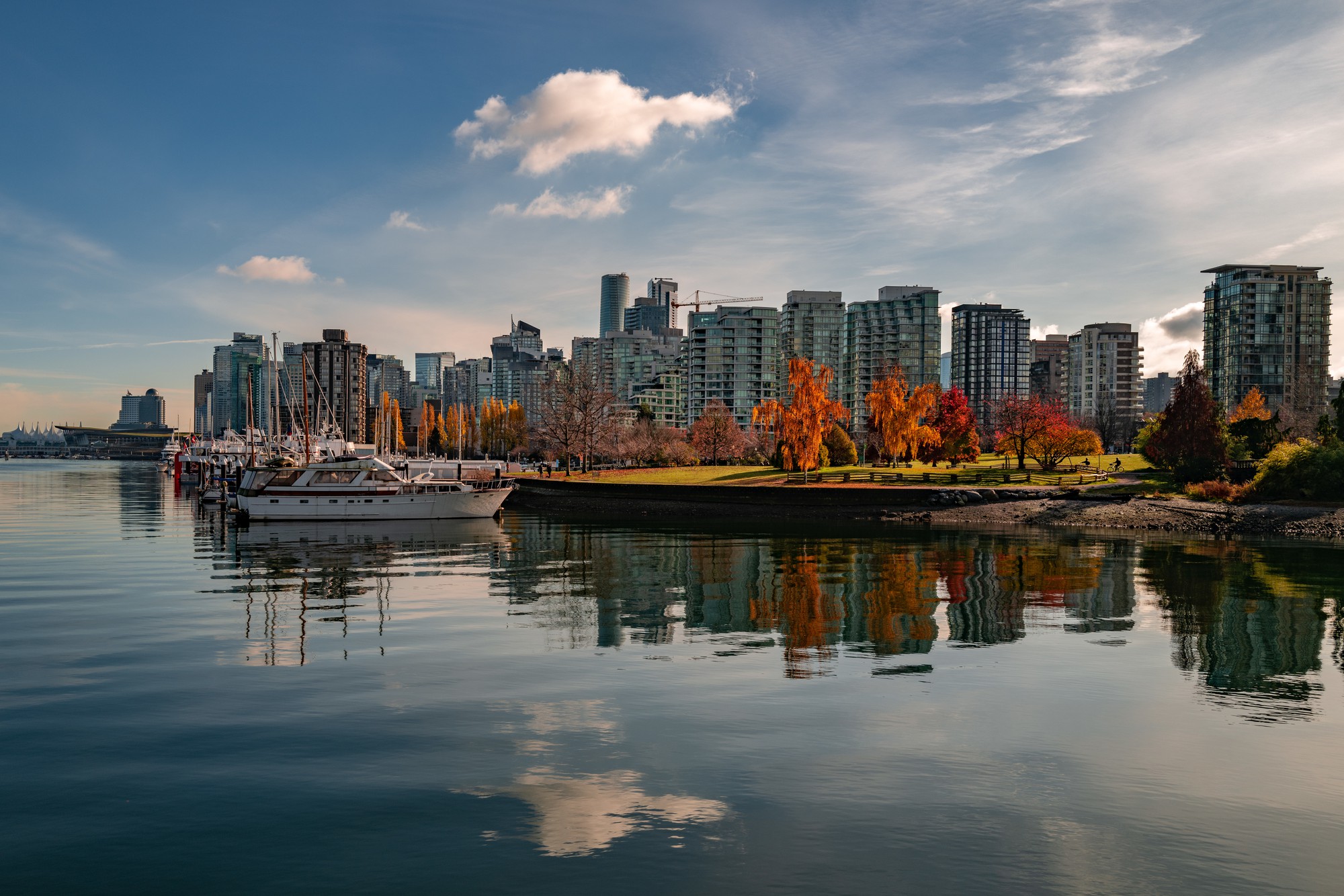When applying for a Canada visitor visa, it’s crucial to demonstrate that you meet all the requirements set by the Canadian immigration authorities. A refusal can be disappointing and delay your travel plans, but there are steps you can take to minimize the risk of refusal. Here are 9 tips to reduce the risk of refusal for your Canada visitor visa application:
1. Provide Complete and Accurate Documentation
- Ensure that all the required documents are submitted along with your application. Missing or incomplete documentation is a common reason for visa refusals.
- Key documents include:
- A valid passport
- Proof of financial support (bank statements, pay slips, tax returns)
- A letter of invitation (if applicable)
- Travel itinerary
- Proof of ties to your home country (employment letter, family details, property ownership)
2. Show Proof of Strong Ties to Your Home Country
- One of the main criteria for obtaining a visitor visa is proving that you will return to your home country after your visit. Strong ties can include:
- A stable job or business
- Family dependents
- Property ownership or lease agreements
- A return ticket or travel plans to show that you intend to leave Canada before your visa expires
- The more solid your connections to your home country, the stronger your case for a visitor visa.
3. Demonstrate Sufficient Financial Support
- You must prove that you can financially support yourself during your stay in Canada, including accommodation, food, travel expenses, and any other costs.
- Provide bank statements, affidavits of support (if someone else is sponsoring you), pay stubs, and other financial documents to demonstrate your ability to meet these expenses.
- If you are being sponsored by a relative or friend in Canada, the sponsor must submit a Letter of Invitation and evidence of their financial ability to support you.

4. Ensure Your Travel Purpose is Clear and Genuine
- Be clear about your reason for visiting Canada—whether it’s for tourism, visiting family or friends, or attending a business event.
- Provide a detailed travel itinerary with specific dates and places to show the purpose of your visit.
- If you’re visiting family or friends, a Letter of Invitation from your host can strengthen your case.
5. Provide a Valid and Up-to-Date Passport
- Ensure that your passport is valid for at least six months beyond your planned stay in Canada.
- If your passport has expired or has limited validity, apply for a new one before submitting your application.
6. Avoid Any History of Immigration Violations
- If you have previously visited Canada or other countries, ensure that you have complied with all visa and immigration rules (e.g., not overstaying a visa or violating entry conditions).
- If you have had a visa refusal in the past, be honest about it. Explain any previous violations and how you plan to avoid them in the future.
7. Submit a Well-Organized and Professionally Completed Application
- Complete your visa application carefully and thoroughly. A sloppy or poorly filled-out application may raise doubts about your intentions.
- Double-check all answers and ensure that no questions are left unanswered. If necessary, seek professional assistance to ensure that your application is clear and complete.
8. Avoid Overstaying or Misrepresenting Information
- Overstaying a visa is one of the main reasons for being refused a visa in the future. You must demonstrate that you have every intention of leaving Canada once your visit ends.
- Never provide false information on your visa application. Misrepresentation can result in serious consequences, including being banned from applying for a visa to Canada for several years.
9. Demonstrate the Temporary Nature of Your Stay
- The Canadian authorities must be convinced that your visit will be temporary and that you do not intend to overstay your visa or immigrate to Canada.
- Ensure that your application clearly explains why you are returning to your home country after your visit to Canada. This can include your job, family, or educational commitments.
Conclusion
By carefully preparing your Canada visitor visa application, addressing all the requirements, and demonstrating your intention to return to your home country after your visit, you significantly reduce the risk of refusal. Always ensure that the information you provide is complete, truthful, and well-documented, and be prepared to offer any additional evidence that can strengthen your case. If necessary, consult with a visa consultant or immigration lawyer to help navigate the process effectively

